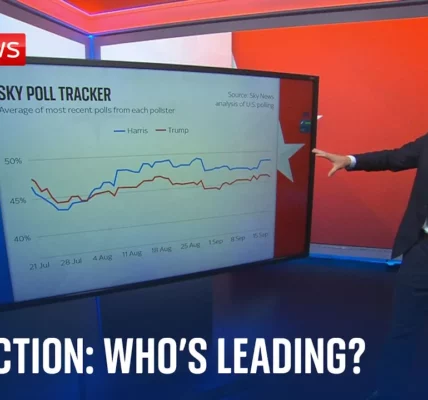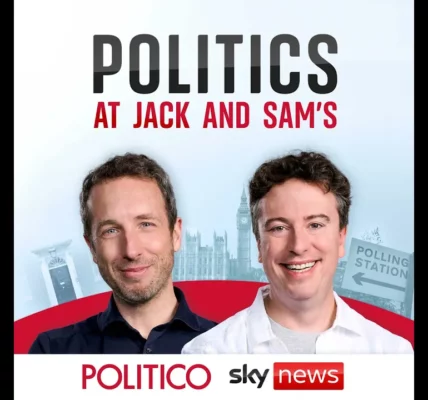Rishi Sunak and Keir Starmer Clash in First Live Debate of the Election Campaign

The first live debate of the UK election campaign has set the stage for a fierce battle between Prime Minister Rishi Sunak and Labour leader Keir Starmer. As they discussed pressing issues such as immigration, the NHS, and the cost of living, both leaders aimed to sway public opinion and secure crucial votes.
Introduction
In a politically charged atmosphere, Rishi Sunak and Keir Starmer faced off in their first televised debate, marking a significant moment in the run-up to the upcoming election. The debate was notable for its intensity and the critical issues discussed, including the state of the NHS, immigration policies, and economic challenges faced by the British public. This article delves into the key moments of the debate, the strategies employed by both candidates, and the implications for the election campaign.
Key Issues Discussed
The Cost of Living Crisis
The debate opened with a discussion on the cost of living, a topic that resonates deeply with voters. Sunak emphasized the government’s economic recovery plans, stating:
- “The plan is working, and we are starting to see wages rise.”
- He acknowledged the struggles many face with rising bills and promised to cut taxes in the near future.
Starmer countered by questioning Sunak’s credibility, suggesting that the Prime Minister is out of touch with the realities of everyday life for many families. He asserted:
- “The Prime Minister keeps saying he lives in a different world.”
- Starmer highlighted the ongoing struggles of the working class as evidence that the government’s plan is failing.
NHS and Healthcare Policy
Waiting Lists and Strikes
The discussion transitioned to the NHS, where waiting lists have reached alarming levels. Sunak claimed:
- “We are making progress in reducing waiting lists, which have been a significant issue since the pandemic.”
- He emphasized the government’s efforts to recover from the pandemic’s impact on healthcare.
Starmer challenged this narrative by pointing out that waiting lists have increased under Sunak’s leadership, demanding concrete figures to support the Prime Minister’s claims. He remarked:
- “How can you claim progress when the numbers tell a different story?”
- Starmer also pressed Sunak on how he would resolve the ongoing strikes among NHS staff, to which Sunak had no clear answer.
Immigration Policies
Debate Over Migration Strategies
Immigration emerged as a contentious topic, with both leaders outlining their respective positions. Sunak reiterated his commitment to controlling immigration, stating:
- “We need to reduce illegal migration and ensure our borders are secure.”
- He pledged to implement a cap on legal migration and emphasized the importance of tackling human trafficking.
Starmer, on the other hand, criticized the government’s record on immigration, arguing:
- “The Conservative government has failed to manage immigration effectively, leading to chaos.”
- He proposed alternative strategies that focus on humane solutions rather than punitive measures.
Public Reaction and Polls
As the debate concluded, immediate feedback from viewers was gathered through a snap poll. Initial results indicated a tight race:
- 51% of respondents felt Sunak performed better.
- 49% favored Starmer, highlighting the divisive nature of the debate.
Political analysts suggest that while Sunak may have edged out a victory in this debate, the overall electoral landscape remains challenging for the Conservative Party as they trail significantly in opinion polls.
Conclusion
The first live debate between Rishi Sunak and Keir Starmer has set the tone for what is expected to be a highly competitive election campaign. Key issues such as the cost of living, NHS performance, and immigration policies have dominated conversations, with both leaders attempting to define their vision for the future of the UK. As the election date approaches, it is crucial for voters to stay informed and consider the implications of each party’s policies. For further insights and updates on the election campaign, be sure to check out our related articles on UK politics and policy analysis.
“`




